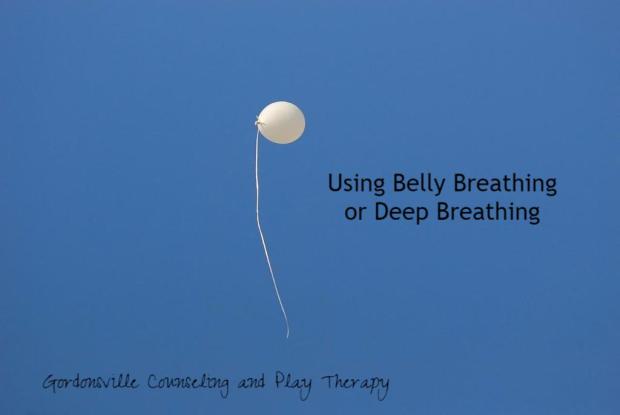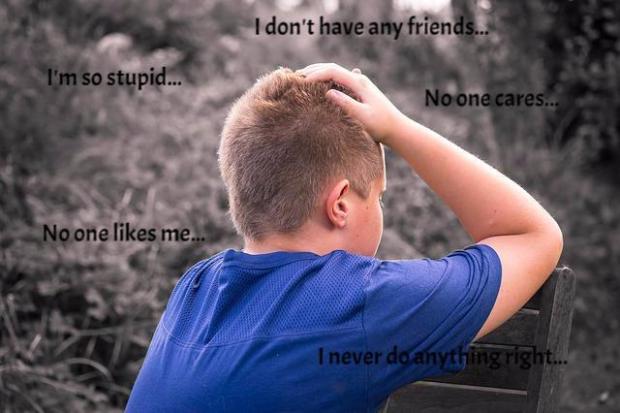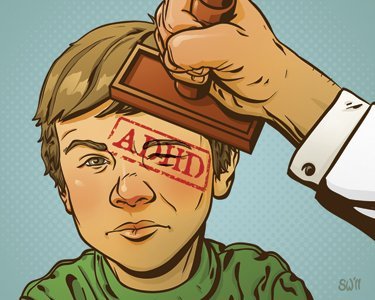So many times I hear parents say to me “She won’t talk to me!” or “He stays in his room on his phone.” The frustration in your tone is heard. I can feel the pain you are sharing with me. I want you to know that teens not talking to parents is a normal stage in development, but it doesn’t have to be this way all the time.
“She won’t talk to me….”
Do you wish your teen would tell you what is on her mind? Do you wish your son would come to you when he has a problem?
I’m going to show you 3 ways to get your teen to talk to you! Yes!!! You heard me right….TALK to YOU. And the best part about it is that they are pretty simple things to do.
So are You ready to do this?
Here it is:
-
Listen to them
Listen to your Teen! I’m going to share with you what your parents, grandparents, mentors, and teachers have always told you that stands true with your teens. You listen with your ears, not your mouth. Wow! Aren’t those words of wisdom? Listen to your teens. And when you listen—HEAR them!
So what does not listening look like? Let me give you some case examples:
“That’s the stupidest idea you’ve ever had! Why would you do that???”
“I don’t care what your excuse is, your curfew is 10:00!!! No excuses!”
“You did what???”
“I trusted you and…..”
Or….”when I was your age….”
“Why would you want to …..”
Sound familiar? When your teen decides to come to you with a problem, and you immediately shut them down with a lecture, discipline, or shaming their choices; I guarantee you they WILL shut down.
“Listen with your ears, not your mouth!”
Don’t interrupt them with these parent moments! Don’t ruin a wonderful opportunity of talking with your teen because you impulsively must have a parent moment. You both know you are the parent! Just push pause on “parent mode” for a few minutes and hear them out and don’t interrupt them. You have plenty of time to parent after the conversation ends.
-
Trust them.

Trust your teen
You have worked for years on teaching this child right from wrong. They know when they make mistakes. They know when they are going to be punished. They know when you are going to be disappointed in them. Knowing all of this and still coming to you is the ultimate respect in a parent/child relationship. When your teen feels comfortable saying “Mom, I really messed up. Can we talk?” then you know you can trust your child with just about anything. I know some of you are saying— “like that would ever happen!” I see your eyes rolling far back in your head! But it does happen! There are families who have open communication with their teen.
You can too!
If your teen avoids you when they make mistakes, ask yourself why? I know the 1st response is probably “Because they know they are in trouble!” But I bet if I asked your teen, it would be “They don’t listen. (1)” or “They don’t understand.” (Boy I hear that one A LOT!) LOL!
“Be honest with yourself. Would teenage you want to talk to you?”
Be honest with yourself. If you look back on your reactions toward your teen when they do something dumb AGAIN, would you come talk to you? Do you yell at them? Do you berate them and belittle them? Do you point out how stupid they are? How often do you go to people who treat you like that? Think about that one for a little while, and then come back and read on…
-
Stop Assuming
Talk through a problem with them. Stop assuming they need you to tell them how to handle things. Don’t tell them how to fix it unless they point blank ask you for advice. Listening and trusting them shows you have confidence in them. Stop assuming they need you to fix all their problems or that they even want that.
Questions to Ask you Teen:
How do you feel about what Abby did?
What do you think you should do about …?
What kind of consequence do you think a late curfew deserves?
How do you feel about your friends drinking?
By asking open ended questions, you are inviting them to talk to you and teaching them that growing into an adult means making good decisions and you are giving them confidence in knowing they CAN make good decisions rather than assuming they Won’t Do the Right Thing. You are letting them share what they think and how they feel about situations. You are learning that your teen has a good head on their shoulders and can choose the right path.
“Listen…Trust…Stop Assuming”
Most teenagers are going to be fair in their responses. Now I know there are a few out there that would take advantage of this, but I’ve seen parents look totally shocked when we’ve had these open discussions in sessions and their teen Adults Up! They assume they know what they would say, but they quickly have to pick their chin up off the floor when this Teen rocks their decision-making skills.
So that’s it! Listen, Trust, and Stop Assuming. Pretty simple! If you don’t make it hard. Your relationship with your teen does not always have to be filled with drama, yelling, fighting, tears, and feelings of doubt. You can Talk! You can have a good relationship! It really does happen for a lot of families.
If you do these 3 things, it allows your teen to trust you and to develop respect for you as their parent. They will know that no matter what, my mom or dad is going to respect me and love me.
Now go and put this into action! Then come back here and leave a comment and let me know how it went. If you struggle, that’s OK. I’m here to help! Maybe you feel like your relationship is too far gone and you feel like there is too much damage done. Damage can be fixed! At no point in parenting is it too late. Change can happen at any stage and age. This doesn't mean change is going to be easy, but the longer you let it go the harder it will become.
Need more specific examples of scripts to use when communicating with your teen?
Comment below with your biggest challenge in communicating with your teen.
P.S. Teen Girls Group will be starting November 9th! If you would like more information, click here.










 It’s important as a therapist to have tools readily available to utilize in our work and to provide resources for clients. I want to provide resources that I know work, so you can depend on me to give you tools that will help you be successful in
It’s important as a therapist to have tools readily available to utilize in our work and to provide resources for clients. I want to provide resources that I know work, so you can depend on me to give you tools that will help you be successful in  I’ve been doing LOTS of work with teens these past 2 years in my practice. Prior to that I worked with teens, but this time around is different. I get to see them for who they are. I get their trust and their innermost fears, desires, and regrets. I am blessed to be doing what I love and helping these young people.
I’ve been doing LOTS of work with teens these past 2 years in my practice. Prior to that I worked with teens, but this time around is different. I get to see them for who they are. I get their trust and their innermost fears, desires, and regrets. I am blessed to be doing what I love and helping these young people.